#AutomotiveRecalls
Worried About Recalls? The NHTSA Has an App for That
The National Highway Traffic Safety Administration (NHTSA) just dropped an updated application for smart devices that offers the ability to automatically track recall information. After downloading, users simply input or scan their vehicle identification number (VIN) into their phone and the government-sanctioned service will notify them when/if recall new information becomes available.
While automakers and equipment manufacturers are still legally obligated to inform customers directly, the NHTSA believes redundancy isn’t a terrible idea when it comes to safety — and the app should beat any mailers sent out in the event of a recall.
Our more tech-savvy readers are probably wondering what the catch is, and with good reason. Free apps typically come with privacy concerns, as user data is frequently shoveled around to “optimize the experience” and/or make the creator some money. But there doesn’t seem to be any of that here. The NHTSA said the app won’t store any user information and only needs the basic details about your vehicle(s), which will never leave your device.
Hyundai/Kia Issue Recalls Over Fuel Line Leak, Fire Risk
Hyundai is reportedly recalling around 207,000 Sonata models in the U.S. over a fuel hose issue that could create a fire hazard. Kia issued a recall on 142,000 Optima sedans and 51,000 Sedonas minivans for the same issue. While there doesn’t appear to be any injuries stemming from the problem, Hyundai Motor Group has notified the National Highway Traffic Safety Administration that the vehicles could incur a fuel leak that runs the risk of starting fires within the engine compartment.
The source of the issue has not been discovered; the NHTSA recall report stipulates that the manufacturer “believes the material used to produce the fuel feed line might be more susceptible to heat under certain vehicle operating conditions.” Be on the lookout for a less responsive motor, engine warning lights and the faint aroma of gasoline.
Subaru Prepares For Largest Recall Yet
Expanding by leaps and bounds in the new millennium, Subaru effectively quadrupled its share of the U.S. market in the process. However, most of its production growth occurred in the last decade — leading to quality control problems unbefitting for a company that prides itself in sharing the same love as its customers.
Recalls are to be expected. No automaker can escape faulty components forever. But the frequency and scope of Subaru’s recalls (and scandals) over the past few years are especially bothersome, as they hint at an inability to catch mistakes, or perhaps a willingness to cut corners, as the company’s production volume targets the stratosphere. A new recall looming on the horizon will probably be the company’s largest to date.
In the Hot Seat: Kia Niro Hybrid Recalled Over Fire Risk
Kia will be recalling 27,000 Niro hybrids sold within the United States due a potential defect in its wiring relay that could potentially send the rear seats up in smoke. According to filings with National Highway Traffic Safety Administration, Kia reported a few warranty claims involving burn or heat damage to the rear seats. There was also at least one customer complaint alleging that the rear seat actually caught fire.
Affected units are said to come from the 2017 and 2018 model years. The main relay located beneath the rear seats is believed to have poor connections between its contacts on some vehicles. This results in increased electrical resistance and heat. In a worst-case scenario, a fire is totally possible.
Fiat Chrysler Recalling V8s Over Stuck Cruise Control, Sudden Acceleration
If you’re the proud owner of a Hemi-powered Dodge Charger, Challenger, or Chrysler 300, you probably love getting that sweet baby up to highway speeds in a hurry. However, you’re also likely fond of having the ability to stop it whenever you wish and not entering into a real-life version of the movie Speed.
We’ve got some unfortunate news. According to the National Highway Transportation Safety Administration, you might have to take a couple of extra steps to avoid that being a possibility. Fiat Chrysler has issued a recall on 2014-2016 Chrysler 300s, Dodge Chargers, and Dodge Challengers equipped with the 5.7-liter V8 and Mopar Stage 1 Performance Package powertrain control module. The 2018 Challenger SRT Demon is also affected by the recall.
Apparently, the PCM is sick and could screw with the cruise control system. You’ll definitely want to get this one fixed as soon as possible. FCA claims the defect may not just prohibit cruise control from disengaging — there’s also a possibility it could cause the car to accelerate unpredictably. That’s about the last thing you want an 800-horsepower car to do without you giving it the go-ahead.
Jeep Recalling 48,990 Cherokees Over Fire Risk
The 2018 Jeep Cherokee is under recall due to some improperly fitted fuel tubes. As the issue relates to the possibility of a gas leak, this falls under the fire-risk category and should have people freaking out left and right. However, the problem is only associated with Cherokees equipped with the 16-valve 2.4-liter inline-four engine.
FCA’s internal report, according to the recall filing, noted that an investigation revealed “a batch of fuel-supply tubes may have connectors that were incorrectly fitted” on the 2018 model year. Fortunately, the refreshed Jeeps for 2019 don’t appear to be affected.
Is YOUR Ferrari 488 Affected by the Latest Recall?
Ferrari is recalling certain 488s produced during the 2016 model year, after the manufacturer uncovered a software glitch that may occur if the vehicle’s brake discs are in need of replacement. The issue affects 39 488 GTB coupes and one lone 488 Spider produced between June and November of 2015.
According to a filing with the National Highway Traffic Safety Administration, a “software error may cause the software algorithm which calculates the percentage value of wear of the carbon-ceramic brake discs of the vehicle to malfunction.” This might result in the vehicle’s brake disks wearing down past the point of needing replacement without the driver being notified via the applicable warning messages.
While it would be unfair to assume any Ferrari owner doesn’t rigorously maintain their vehicle themselves, spending every other Sunday in the garage with a rag, a wrench, and a handheld laser micrometer, the lack of a brake disk warning light could theoretically cause some people to neglect replacement — creating an increased likelihood of an accident. And we know you would hate to be the kind of Ferrari owner that smacks into the back of an SUV in the Home Depot parking lot because you forgot to swap in fresh new set of $25,000 brake discs.
Maserati Recalling Brand New Sedans Over Fire Risk
Maserati of North America is recalling over 1,000 of its newest luxury sedans to repair fuel lines that pose an engine fire risk. It’s not exactly what you’d want to hear when discussing your fresh, six-figure status symbol, but the automaker appears to be addressing the problem right out of the gate. According to the manufacturer, the vehicles haven’t even been delivered to the customers yet.
The affected vehicles include Maserati’s 2018 Ghibli and Quattroporte sedans. Both models suffer from a potentially weepy fuel line in the engine compartment that could leak gasoline exactly where you don’t want it. As customers have yet to take delivery, the units will have to be repaired prior to being picked up.
Hat Trick: Automotive Recalls Reach Record High for Third Year in a Row
Automobile manufacturers recalled an all-time high of 53.2 million vehicles in the United States last year. The record-breaking number would not have been possible without the continued expansion of the recall of extremely dangerous Takata airbag inflators, according to the U.S. Transportation Department. Of course, it’s not just Takata Corp. that helped make 2016 the worst year on record, so be sure to save your applause.
Encouraged by the Obama administration, the Department of Transportation enacted a whopping 927 recall campaigns last year. That’s 7 percent above the previous high set in 2015. Fatal accidents jumped up 10.5 percent that year, followed by another 8 percent in 2016.



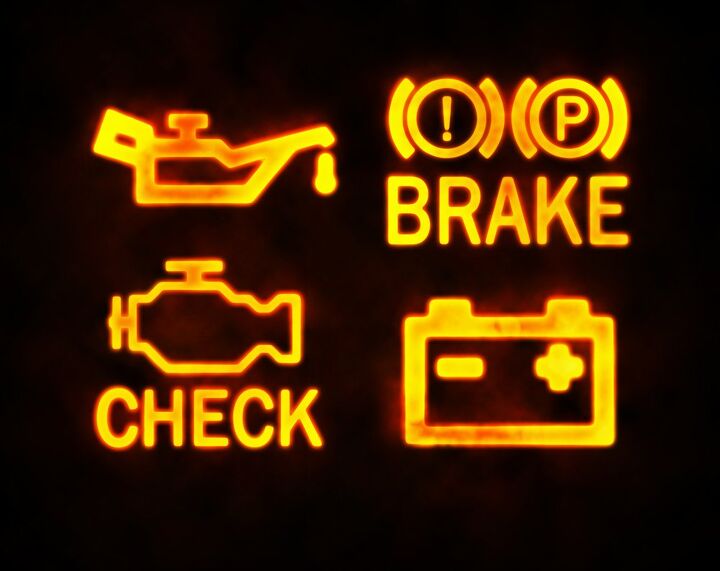
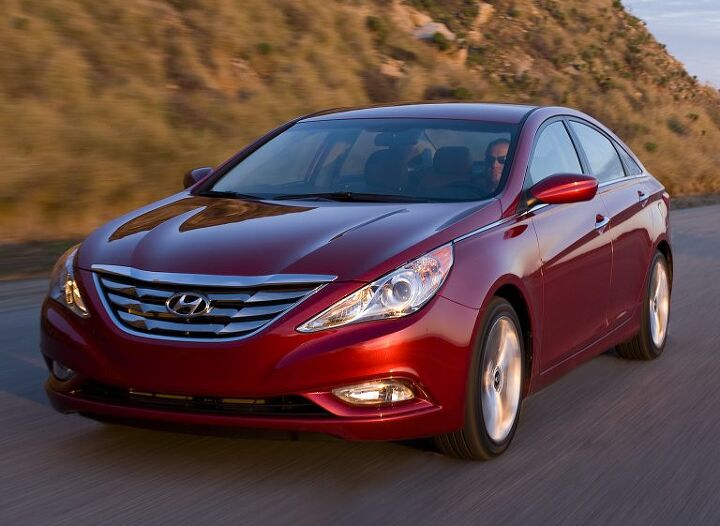
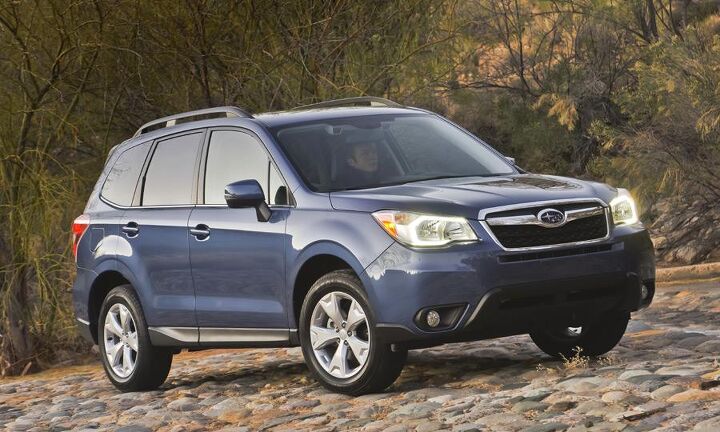
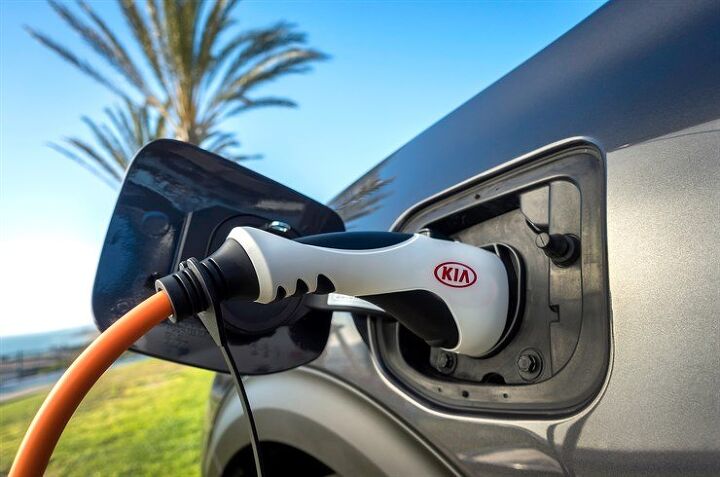




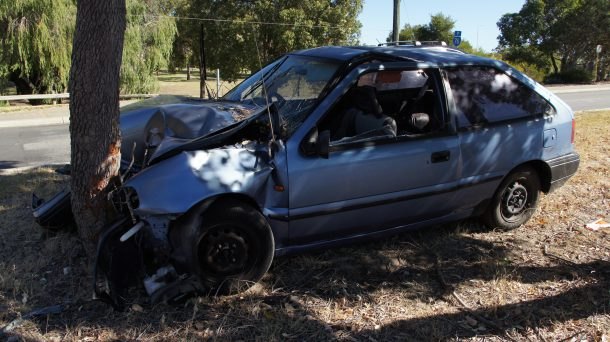












Recent Comments